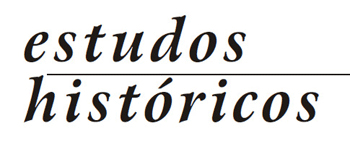ABSTRACT
In 1960, Brazilians voted for president for the last time under the 1946 Constitution. The elections were marked by Jânio Quadros, who promoted the greatest electoral mobilization in the period. Despite the relevance of the dispute, knowledge about the voting pattern of presidential candidates in this election is limited. This article aimed to analyze the results of the 1960 presidential elections at the municipal level. This paper brings some innovations compared to previous studies because it uses unprecedented data on the voting of candidates in all municipalities, which was possible after typing the hardcopy materials available. This article outlines data on several dimensions of the 1960 elections: the percentage of citizens listed as voters; the final distribution of the candidates’ votes in the states and municipalities; the relationship between the voting of presidential candidates, the size of the population, and the degree of urbanization of the municipalities.
KEYWORDS:
Presidencial Elections; Jânio Quadros; Brazilian Elections; Republic of 1946; Electoral Behavior

 Thumbnail
Thumbnail
 Thumbnail
Thumbnail
 Thumbnail
Thumbnail
 Thumbnail
Thumbnail
 Thumbnail
Thumbnail
 Fonte dos dados brutos: TSE e Censo Demográfico de 1960.
Fonte dos dados brutos: TSE e Censo Demográfico de 1960.
 Fonte dos dados brutos: TSE.
Fonte dos dados brutos: TSE.
 Fonte dos dados brutos: TSE e Censo Demográfico de 1960.
Fonte dos dados brutos: TSE e Censo Demográfico de 1960.
 Fonte dos dados brutos: TSE e Censo Demográfico de 1960.
Fonte dos dados brutos: TSE e Censo Demográfico de 1960.
 Fonte dos dados brutos: TSE e Censo Demográfico de 1960.
Fonte dos dados brutos: TSE e Censo Demográfico de 1960.